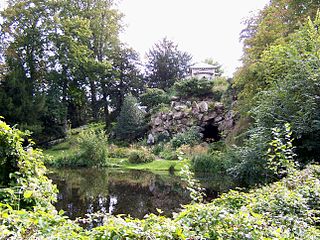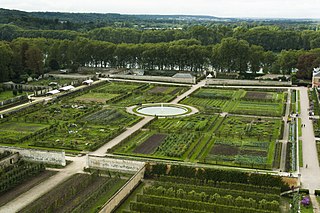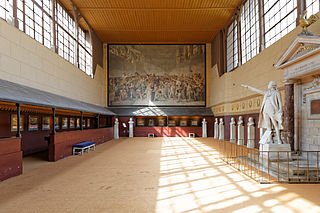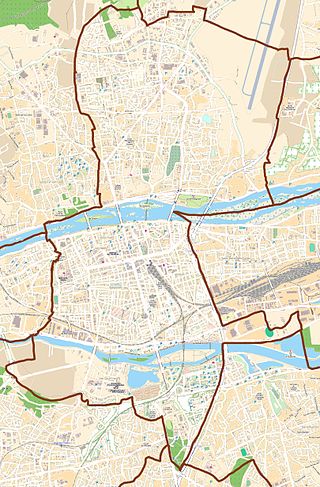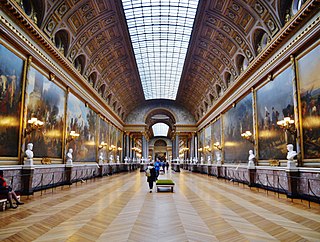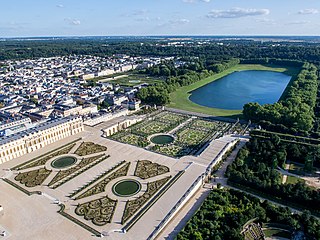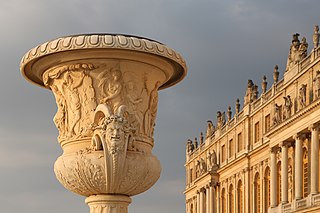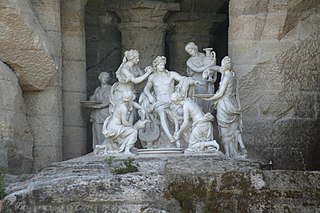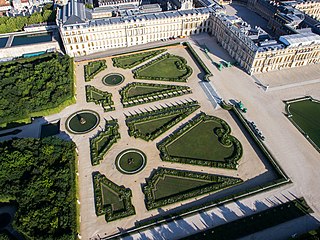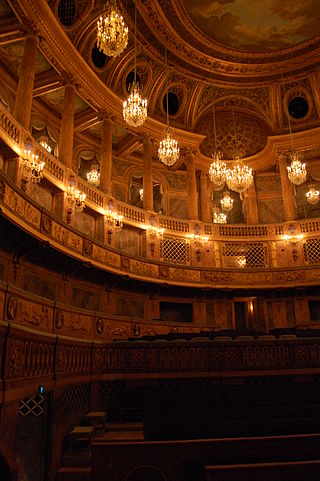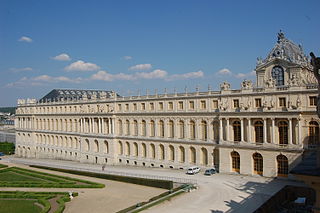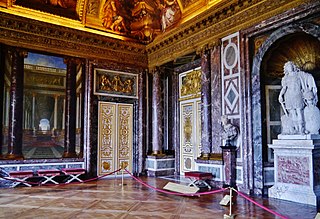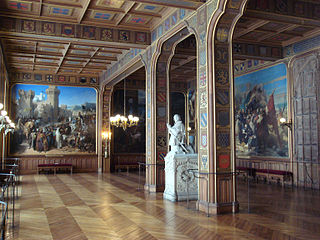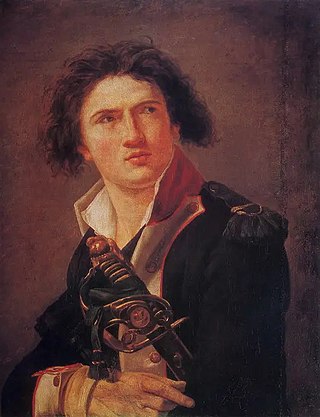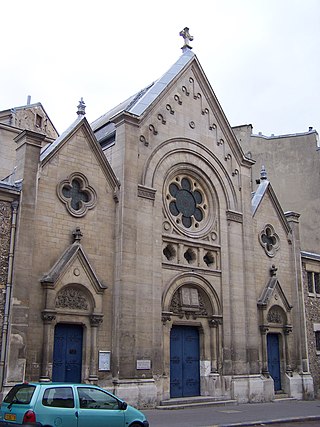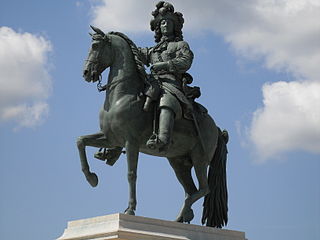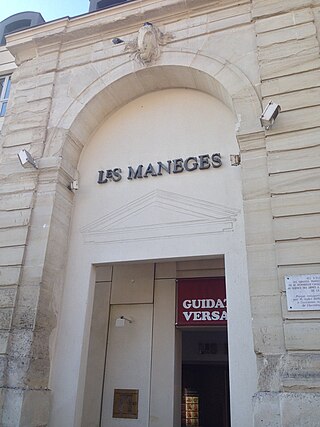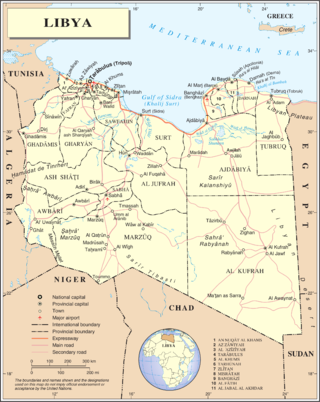Self-guided Sightseeing Tour #1 in Versailles, France
Legend
Tour Facts
5.3 km
141 m
Experience Versailles in France in a whole new way with our free self-guided sightseeing tour. This site not only offers you practical information and insider tips, but also a rich variety of activities and sights you shouldn't miss. Whether you love art and culture, want to explore historical sites or simply want to experience the vibrant atmosphere of a lively city - you'll find everything you need for your personal adventure here.
Activities in VersaillesIndividual Sights in VersaillesSight 1: Parc Balbi
Balbi Park is an English-style park, located next to the King's vegetable garden in Versailles, France. It is free to access and its entrance is located on rue du Maréchal-Joffre.
Sight 2: Le Potager du Roi
The King's Vegetable Garden is a 9-hectare vegetable garden, created in 1683 near the Palace of Versailles by the director of the Royal Orchards and Vegetable Gardens Jean-Baptiste de La Quintinie, at the request of King Louis XIV to supply the court of Versailles.
Sight 3: Salle du Jeu de Paume
The Jeu de Paume room is located at no. 1 rue du Jeu de Paume, in the heart of the Saint-Louis district, in Versailles (Yvelines). It is famous for the oath of the Jeu de Paume that the deputies of the Third Estate took there on June 20, 1789.
Sight 4: Conservatoire à Rayonnement Régional de Versailles Grand Parc
The Hôtel de la Chancellerie is a private mansion located in Tours, 60 rue de la Scellerie.
Sight 5: Hôtel des Postes
Sight 6: Musée de l’Histoire de France
The Musée de l'Histoire de France is a museum that was created by King Louis Philippe I in the Palace of Versailles and opened in 1837. At the time, it represented an ambitious project of national reconciliation between the hitherto competing narratives of the French monarchy and the French Revolution, to which Louis-Philippe devoted significant personal attention. Whereas it gradually faded in importance as a museum in the later 19th century, its lavish historicist decoration remains a major exemplar of the art of France's July Monarchy.
Sight 7: Grand Appartement de la Reine
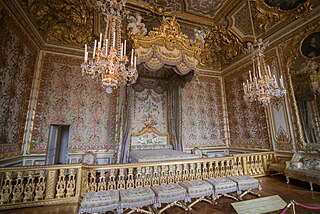
The Queen's Grand Apartment is a set of five salons located on the first floor of the central body of the Palace of Versailles. These rooms were the reception areas for the sovereigns of France Marie-Thérèse, Marie Leszczynska and Marie-Antoinette. Both for the Duchess of Burgundy as dauphine. These spaces are now presented as they were under Marie-Antoinette, when she left them on October 6, 1789.
Sight 8: Parterre du Midi
The Parterre du Midi is a flower bed comprising two circular basins, located in the park of the Palace of Versailles.
Sight 9: Vase de la Paix
The Peace Vase is a marble vase sculpted in 1684 by Jean-Baptiste Tuby. Located on the terrace of the garden of Versailles, it faces the vase of war, sculpted by Antoine Coysevox. It celebrates the Treaties of Aachen and Nijmegen, which ensure peace between France, Spain and Holland.
Sight 10: Apollon servi par les nymphes
Apollo Served by the Nymphs is a group of seven marble statues made in 1666 by François Girardon and Thomas Regnaudin for the Grotto of Tethys at the Palace of Versailles. They are accompanied by the Chevaux du Soleil, two groups signed by Gilles Guérin for one and the Marsy brothers for the other.
Sight 11: Appolonius
The Philosophers' Roundabout is a crossroads between several alleys in the gardens of Versailles.
Sight 12: Le Bassin de la Pyramide
The Pyramid Basin is a basin in the gardens of Versailles.
Sight 13: Opéra Royal
The Royal Opera of Versailles is the main theatre and opera house of the Palace of Versailles. Designed by Ange-Jacques Gabriel, it is also known as the Théâtre Gabriel. The interior decoration by Augustin Pajou is constructed almost entirely of wood, painted to resemble marble in a technique known as faux marble. The excellent acoustics of the opera house are at least partly due to its wooden interior.
Sight 14: Aile Nord
The North Wing is a part of the Palace of Versailles, France. Built in the 1680s, it is in the classical style.
Sight 15: Grand Appartement du Roi
The King's Grand Apartment is a set of seven salons in the Palace of Versailles designed to be the setting for the monarch's official acts. These salons are very richly decorated, in the Italian fashion of the time of Louis XIV.
Sight 16: Salles des Croisades
The Salles des Croisades is a set of rooms located in the north wing of the Palace of Versailles.
Sight 17: Domaine national : ancien Pavillon des Sources
Sight 18: Lazare Hoche
Louis Lazare Hoche was a French military leader of the French Revolutionary Wars. He won a victory over Royalist forces in Brittany. His surname is one of the names inscribed under the Arc de Triomphe, on Column 3. Richard Holmes describes him as "quick-thinking, stern, and ruthless... a general of real talent whose early death was a loss to France."
Sight 19: Temple de Versailles
The Protestant Temple of Versailles is a place of worship located at 3 rue Hoche in Versailles, founded in 1828. The parish is a member of the United Protestant Church of France.
Sight 20: Statue équestre de Louis XIV
The equestrian statue of Louis XIV is a bronze equestrian statue of the King of France Louis XIV, located on the Place d'Armes in front of the Palace of Versailles. Until 2008–2009, it was located in the cour d'honneur.
Sight 21: Bâtiments du Manège
The Armoury Building was a former military building under Napoleon III in Versailles, France. It was demolished in 1988 with the exception of its gate which remained on the Avenue du Général-de-Gaulle.
Sight 22: Borne du Serment de Koufra
The Capture of Kufra was part of the Allied Western Desert Campaign during the Second World War. Kufra is a group of oases in the Kufra District of south-eastern Cyrenaica in the Libyan Desert. In 1940, it was part of the colony of Italian Libya Libia Italiana, which was part of Africa Settentrionale Italiana (ASI), which had been established in 1934. With some early assistance from the British Long Range Desert Group, Kufra was besieged from 31 January to 1 March 1941 by Free French forces which forced the surrender of the Italian and Libyan garrison.
Sight 23: Chapelle Notre-Dame des Armées
The Chapel of Notre-Dame-des-Armées is a Catholic religious building located in Versailles, at 10 impasse des Gendarmes. Built in 1877 by Frantz Blondel under the direction of the Eudist Fathers, it was first used as the Soldier's Home. Roland-Gosselin, bishop of Versailles, entrusted the work of the military to the Eudist priests and had a chapel built for them. The latter was, until 1967, an integral part of the French Army's home and chaplaincy, which was still led by the Eudists.
Wikipedia: Chapelle Notre-Dame-des-Armées de Versailles (FR), Website
Share
Disclaimer Please be aware of your surroundings and do not enter private property. We are not liable for any damages that occur during the tours.
GPX-Download For navigation apps and GPS devices you can download the tour as a GPX file.
